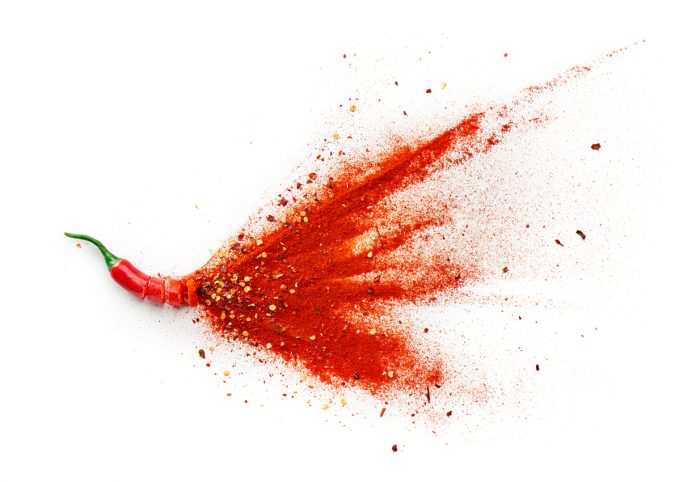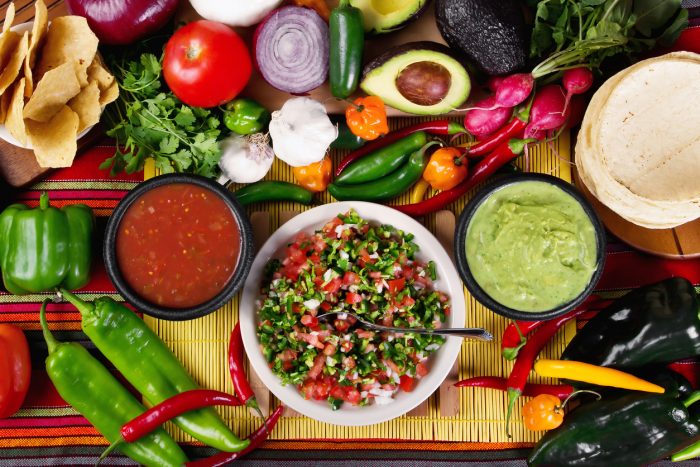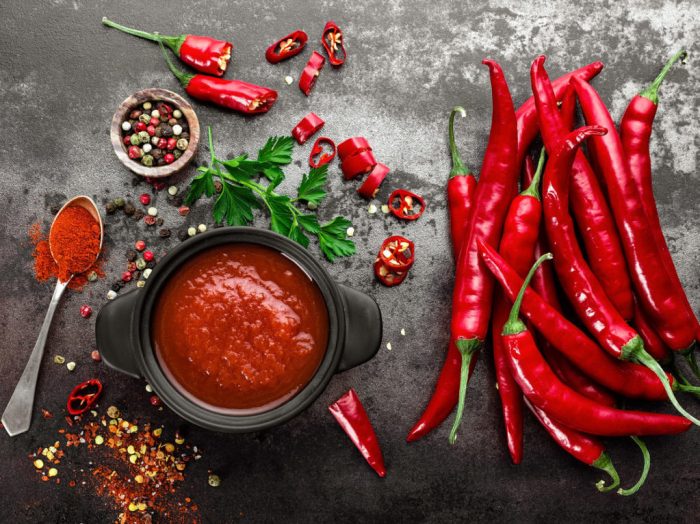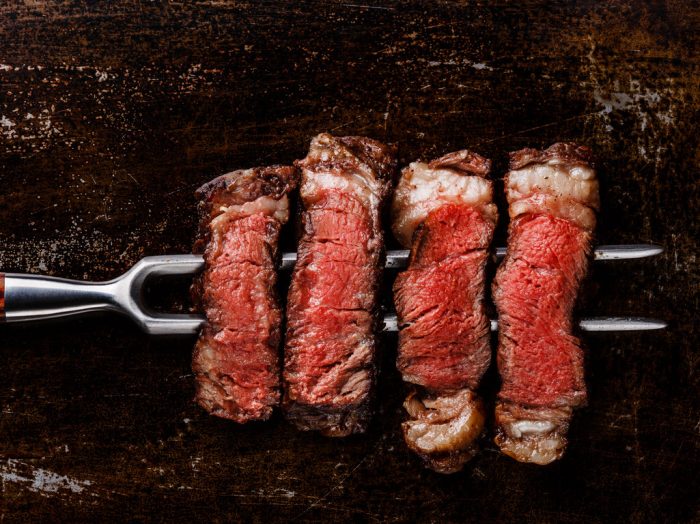Are you ready to spice up your life more? We think you should because there are a lot of health benefits for adding a bit of hotness in your dishes, or trying a few more out-of-the-box things! Here’s what eating spicy food does for your body, the pros, and cons of it all!
Spicy food comes in all shapes and sizes. Maybe you hate the sensation when the roof of your mouth suddenly catches fire, and you need to bite your tongue off. Nevertheless, you can choose your degree of hotness. We can only tell you what eating spicy food does to your body so that you can make your own choices!
The benefits of eating spicy food
1. You can live a bit longer
UPDATE (11/17/2020) Another study finds that chili peppers may have a significant health impact. Individuals who consume chili pepper may live longer and may have a significantly reduced risk of dying from cardiovascular disease or cancer. The health and dietary records of more than 570,000 individuals in the United States, Italy, China and Iran showed that people who ate chili pepper had a 26% relative reduction in cardiovascular mortality; a 23% relative reduction in cancer mortality; and a 25% relative reduction in all-cause mortality.
A 2015 study conducted on half a million Chinese subjects, over a 7-year term, found that people who consume incredibly spicy food for about six times a week reduced their risk of death by 14 percent. Even people who ate very hot dishes only two times a week reduced their odds for dying by 10 percent.

2. It can help you lose weight
According to a 2011 Purdue University study, people feel full and more satisfied after eating spicy foods, which means they consumed less fat overall. So eating high amounts of hot peppers can help you lose weight. The researchers also believe that eating spicy food speeds up your metabolism. Because capsaicin, the ingredient which is responsible for the burning sensation in your mouth, can increase the ability to burn calories. That exact burn might make you eat slower, which leads to you noticing faster that you’re full.
3. Natural pain relief
Capsaicin helps release endorphins, the natural painkillers you have in your very own body. Your brain does that to protect itself from the burning sensation. But that chemical reaction ends up being like a great “high” for anyone who loves their hot peppers.
4. Anti-inflammatory properties
Autoimmune conditions, like arthritis, occur less in countries where people eat a lot of spicy food. Scientists think that happens because capsaicin helps with inflammation. It works by inhibiting Substance P, which scientists associate with inflammatory processes. That’s why there are plenty of creams out there with capsaicin. And why researchers are trying to figure out if the substance could be used to treat arthritis, psoriasis and diabetic neuropathy.
5. Fight against microbes
The same capsaicin helps fight bacteria and fungi which are bad for your health, according to a recent study. That’s why hot peppers are recommended as a food preservative. Other compounds in peppers like Chrysoeriol has antibacterial effects.

The dark side of eating spicy food
1. Loss of taste
If the peppers you consume are too spicy, then you might damage your taste buds. So if you want to spice up your life, start slow and work up to the hottest peppers. Don’t worry, taste buds are strong as hell and tend to regenerate quickly.
If you burn your mouth with spicy foods, then remember that the antidote for that is milk. Just make sure you have whole milk in your house, not the fat-free variety. The capsaicin binds to the fat molecules, and that’s how you get sweet, cool relief.

2. Capsaicin is a blood thinner
If you’re on medication like warfarin, which is an anticoagulant, capsaicin can thin your blood too much. And cause problems for your health. So do not indulge in it if you have high blood pressure or if you’re pregnant.
3. Hemorrhoid burn
Capsaicin does not break down as it passes through your digestive system, which means that you might feel the burn all the way out of the body. So if you have hemorrhoids, beware! Protect yourself from spicy foods at any cost!






